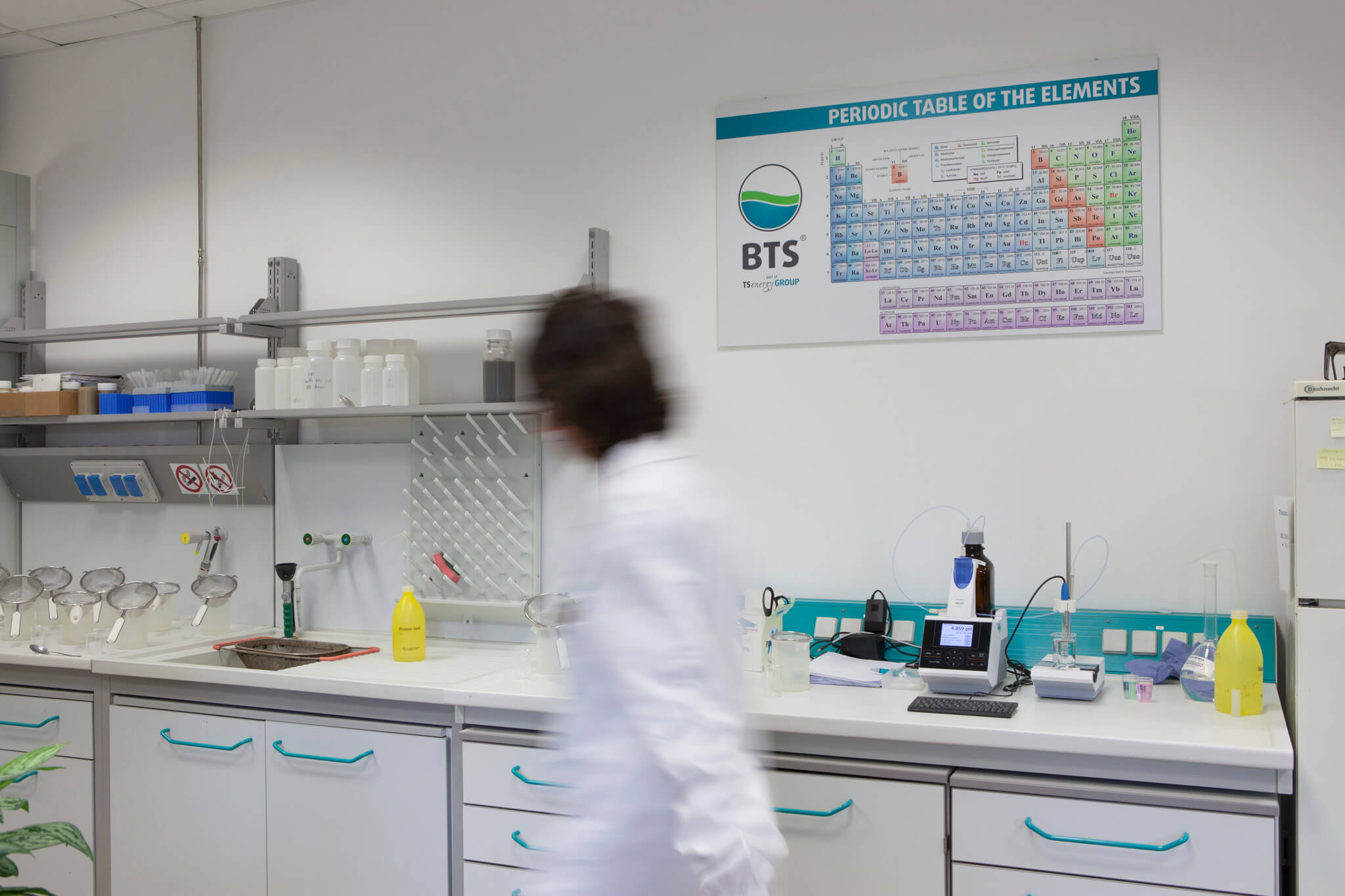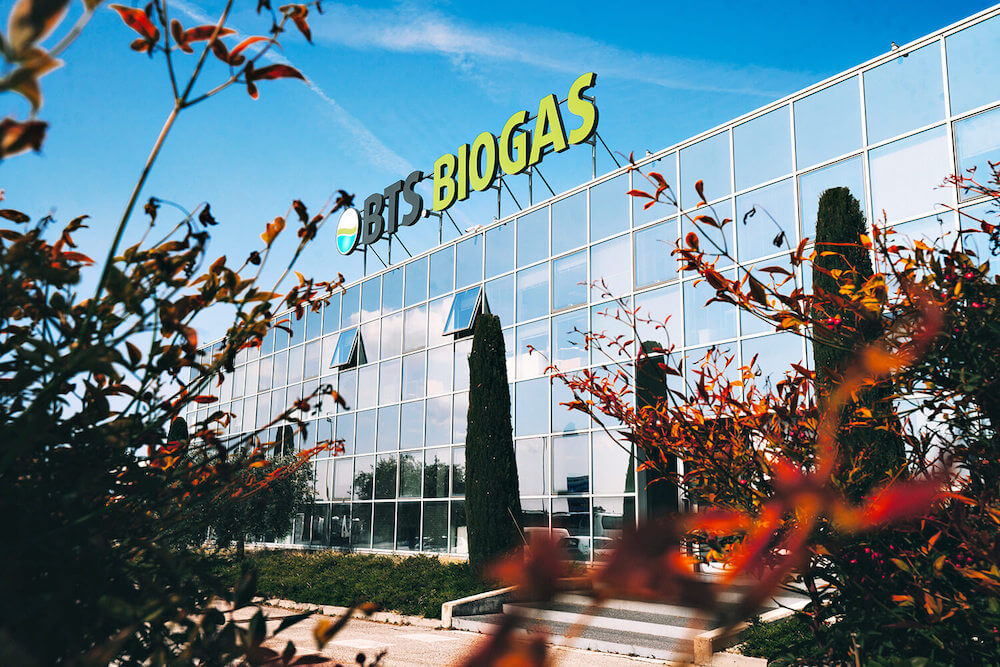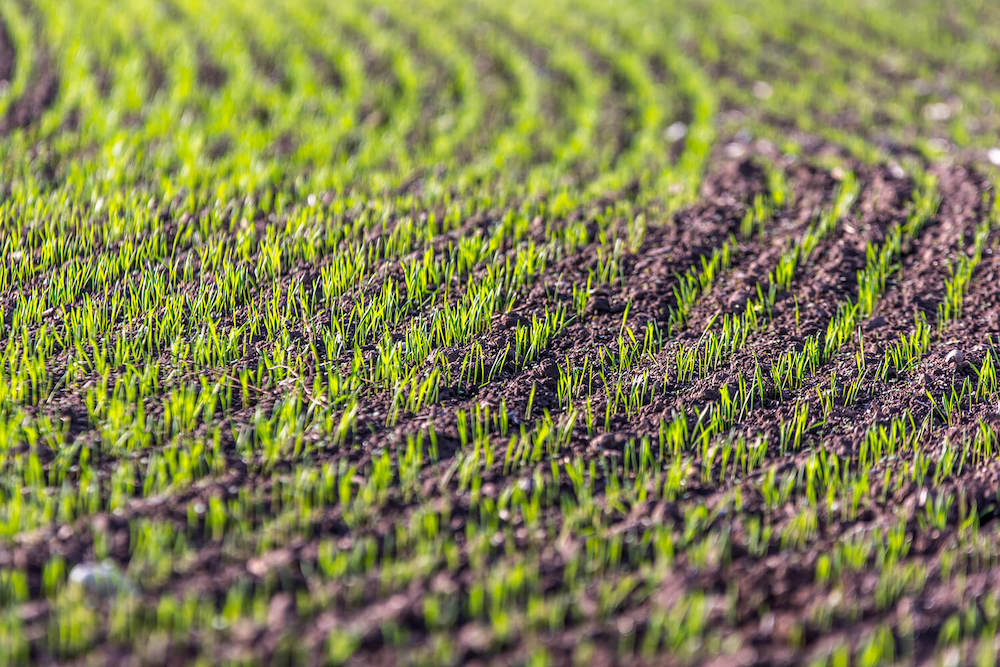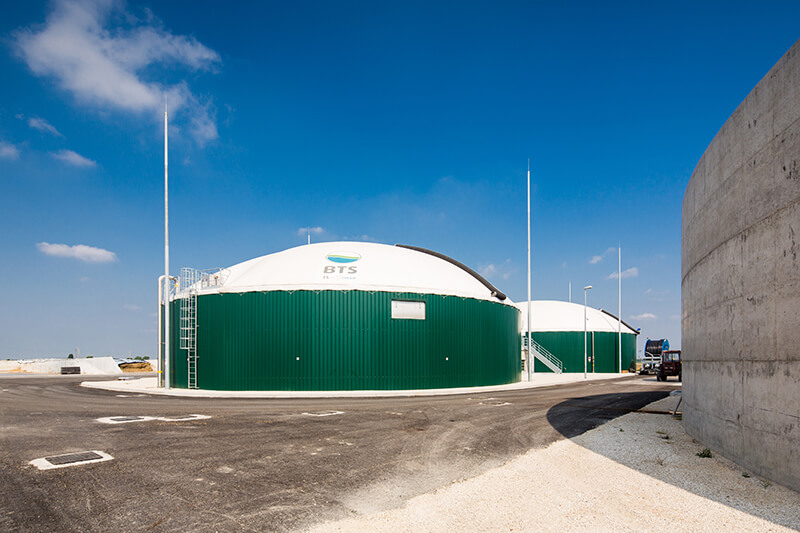FOCUS ON
Macro and micro-elements: the allies of anaerobic digestion
Among the factors that negatively affect the biology in a digester are macro and/or micro-element deficiencies.
Macro-elements are defined as the constituents of biological macromolecules (such as carbohydrates, proteins and fats) and are predominantly predominant in microbial cells. They are carbon, nitrogen, phosphorus, potassium and sulphur; also calcium and magnesium, which belong to this category, are important for regulating the osmotic pressure of the fermentative liquid. These types of elements is widely supplied through the power supply of the plant: silage, livestock waste, by-products, are all compositions that provide sufficient quantities to the biology of the fermenter of macro-elements, being composed of macromolecules that contain them.
On the other hand, micro-elements are present in traces in the compositions that are usually used in the supply of biogas plants; they have manganese, molybdenum, cobalt, selenium, nickel, iron. Their function is to activate the enzymes responsible for anaerobic digestion and therefore for the production of methane and biogas. To date, little is known about the function of all the micro-elements that can be integrated within a digester; what is known with certainty is explained below: cobalt activates some important enzymes both in the acetogenic phase, i.e. the production of acetic acid from the various acids produced in the previous anaerobic digestion phase, and in the methane phase, i.e. the transformation phase of acetic acid into methane and carbon dioxide; iron is essential not only for the methanogenic phase of the biological process but is also added to reduce the concentration of hydrogen sulphide (H2S) which could lead to biological problems and problems within co-generators or biomethane production systems; selenium plays a fundamental role in the growth of bacteria (let us always remember that an anaerobic digester is a breeder of bacteria) and is also involved in the biosynthetic production pathways of acetic acid and methane; molybdenum stimulates the production of methane and plays a role in the inhibition of sulphur-reducing bacteria which, in addition to producing large concentrations of hydrogen sulphide, compete with the bacteria useful for anaerobic digestion for acetic acid.

All these micro-elements follow Liebig's law of the minimum: only one of these metals needs to be in a concentration below optimal for the whole anaerobic digestion process to be affected, in the worst case scenario causing the blocking of methane and biogas production. It is therefore important to monitor the concentration of these essential trace elements and to integrate them with the right concentrations and continuously so that the anaerobic digestion process is always efficient and does not create obstacles that can lead to economic losses.
This is the reason why it is essential to choose a competent partner for biological assistance of biogas plants, a partner who has the skills, experience and technologies to support the daily management of the plant and maximise biogas production.












